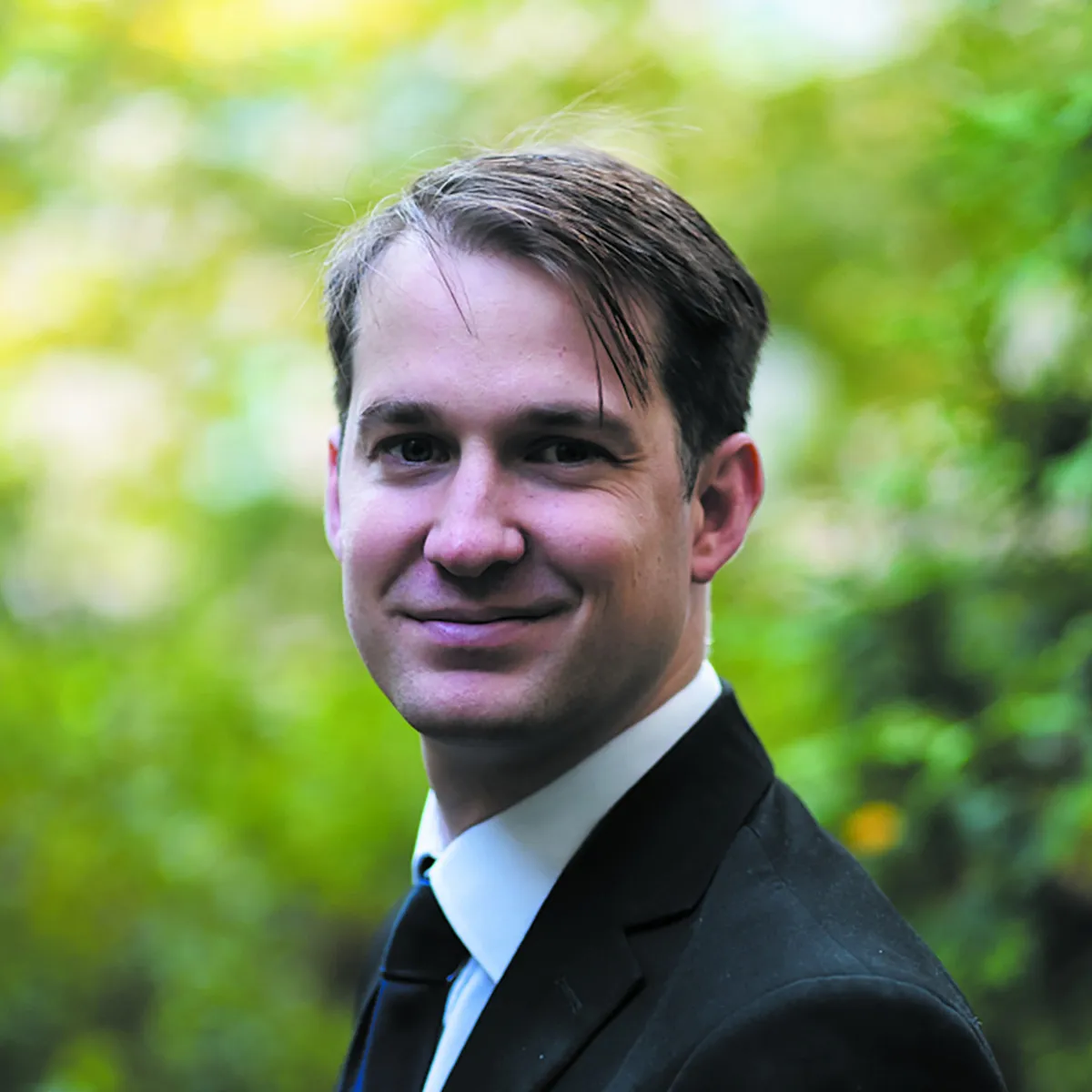In February host nation Côte d’Ivoire burst into celebration after the national team, the Elephants, triumphed over Nigeria’s Super Eagles in the final of the Africa Cup of Nations (AFCON). It had not exactly been a smooth ride.
Head coach Jean-Louis Gasset was fired mid-tournament as the Elephants threatened to exit the group stage in embarrassing fashion. But having sneaked into the knockout stages, the team, newly coached by former midfielder Emerse Fae, staged a remarkable comeback, culminating in the 2-1 final victory over their West African rivals.
Something similar can be said for the Ivorian economy. Wracked by civil war as recently as 2011, it is now among the best performers in the region. In its December review the IMF lauded the country for “important structural reforms to improve the business climate and the private sector’s involvement in the country’s development”.
Deputy IMF managing director Kenji Okamura said: “Côte d’Ivoire’s performance under the Fund-supported program has been strong, reflecting the authorities’ commitment to entrenching macroeconomic stability. Growth has been among the highest in Africa for more than a decade and the country has delivered the largest fiscal consolidation in the WAEMU region in the last six months.”
Growth expected
The fund expects the economy to grow by 6.6% this year, following growth of 6.2% in 2023 and 6.7% in 2022 – a solid record for a country which, like most, has been shaken by the triple shock of the Covid-19 pandemic, global financial tightening, and adverse spillovers from Russia’s war in Ukraine.
That healthy report has made the Fund disposed to offer further support. The positive report unlocked a $495m tranche of the 40-month IMF programme that totals around $3.5bn. And on 16 February the Ivorian authorities and IMF staff reached agreement on a reform programme to fight climate change, worth approximately $1.3bn. The programme will help to strengthen adaptation and mitigation, particularly in the areas of agriculture, transport, infrastructure, and public financial management.
There are, of course, areas for improvement. The fund points to the necessity of sustaining domestic revenue mobilisation over the medium-term “to generate the fiscal space needed to finance deeper economic transformation towards upper middle-income status”.
A fourth term?
Elections in 2025 will again test Côte d’Ivoire’s democracy and political stability. In 2020, incumbent Alassane Ouattara was re-elected with 95% of the vote after the opposition boycotted the election, citing the president’s controversial decision to pursue a third term in power. He had argued that the promulgation of a new constitution had reset his term limits. Ouattara has not yet announced whether he will run for a fourth term – a decision eagerly awaited by citizens and investors alike.
For now, Côte d’Ivoire is performing well on multiple fronts, and for the president personally there appears to be much to celebrate. After the final whistle in the AFCON final at the Alassane Ouattara Stadium – for it is, perhaps inevitably, named after the 82 year old – he took to the stage with the winning players and even lifted the trophy.
But if the AFCON victory proves anything, it’s that a sudden influx of fresh leadership can occasionally bring new perspectives and unexpected dividends.
Want to continue reading? Subscribe today.
You've read all your free articles for this month! Subscribe now to enjoy full access to our content.
Digital Monthly
£8.00 / month
Receive full unlimited access to our articles, opinions, podcasts and more.
Digital Yearly
£70.00 / year
Our best value offer - save £26 and gain access to all of our digital content for an entire year!


 Sign in with Google
Sign in with Google 





